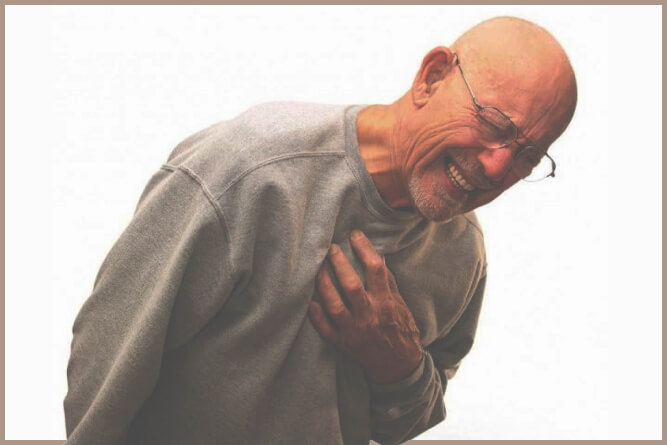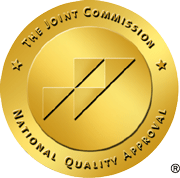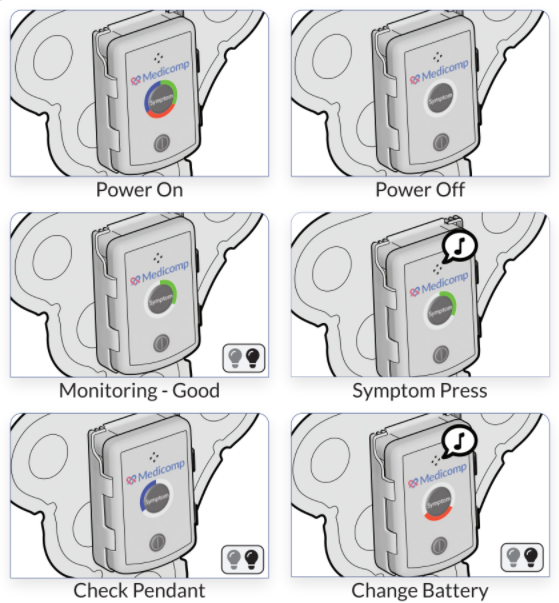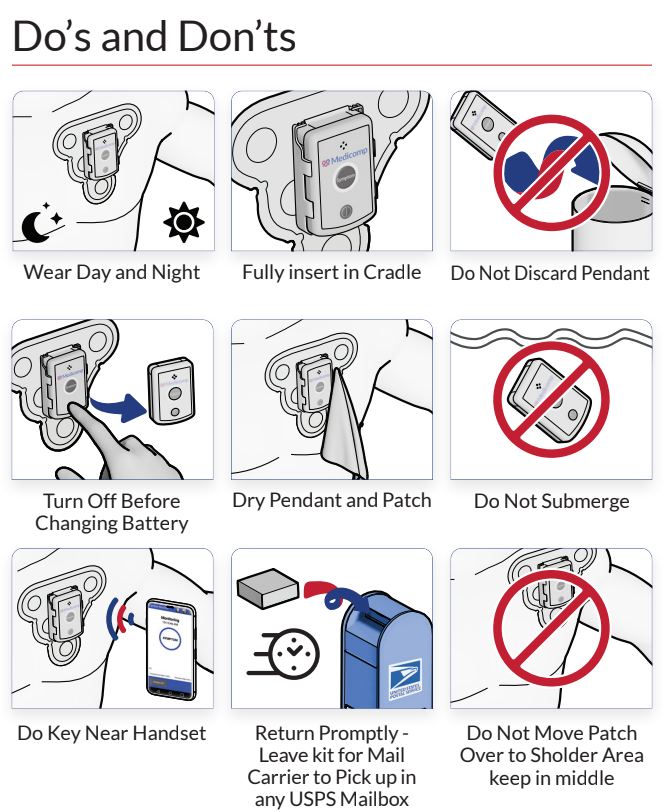It has been well documented that radiating pain in the left arm and constricting chest pain are signs of a heart attack. However, some people show uncommon symptoms when suffering a heart attack. ReactDx, your remote cardiac monitor specialists, want you to be aware of the following symptoms. If you feel you are experiencing any of these symptoms, contact your primary care physician.
- Back, neck, shoulder, or jaw pain: The pain associated with a heart attack can sometimes radiate to your neck, jaw, or upper or lower back. Pain is often described as non-persistent rather than ongoing. If you feel pain with no apparent reason (such as recent muscle strain), check with your physician.
- Fatigue: Your heart pumps blood to almost every cell in your body, and that blood contains oxygen. Without oxygen, your cells cannot function properly, and you will feel extremely weary. Call a doctor if you are not physically capable of performing your daily routine for a few days in a row.
- Increased pulse or heart rate: Your doctor knows this as tachycardia. Your heart is a muscle, and it may contract quickly prior to a heart attack. When tachycardia continues for more than a few minutes, call your doctor.
- Breathlessness or dizziness: These symptoms are directly tied to how quickly your heart is beating. With tachycardia, your lungs are trying desperately to keep pace with your heart. If you note difficulty breathing while you are engaged in any regular activity, it may be a heart attack. Dizziness is also a symptom of inadequate oxygenation of your brain.
- Nausea: Many patients visit the doctor with what feels like a heart attack and are told to take an antacid. Do not let this deter you. Nausea that does not subside, vomiting, or stomach cramping may be signs of a heart attack.
- Persistent wheezing: When your heart is not pumping properly, blood does not circulate well, and your organs begin to work incorrectly. In your lungs, fluid can accumulate, and you may experience a wet cough or wheezing when you breathe.
If you experience any of these symptoms, trust your instincts. Call 911 or your physician if you believe you are experiencing a heart attack. Consider wearing one of ReactDx’s remote cardiac monitors if you believe any of these symptoms have occurred in the past and you want the latest technology to aid in a diagnosis. Contact ReactDx at 800-23-HEART today and visit our website for information on our complete line of cardiac monitors.




